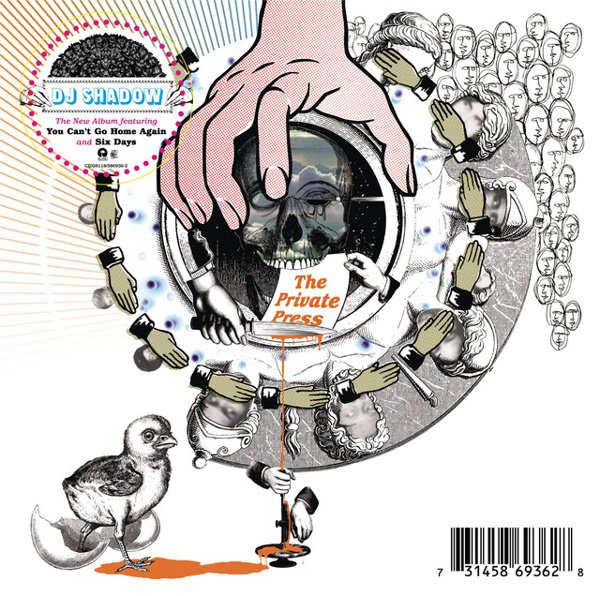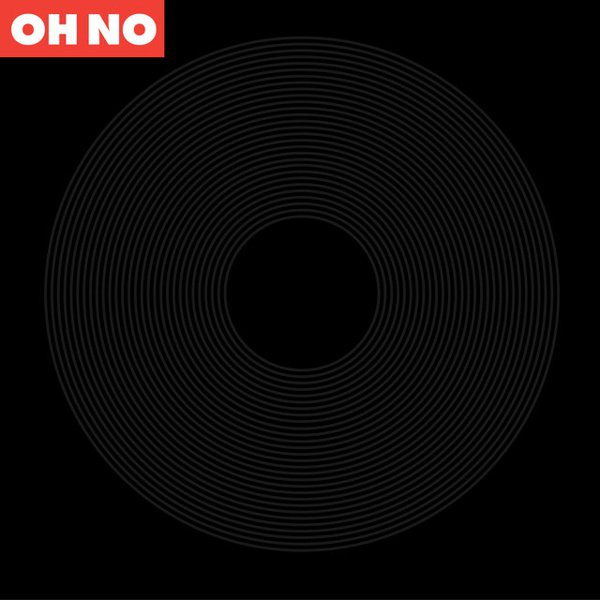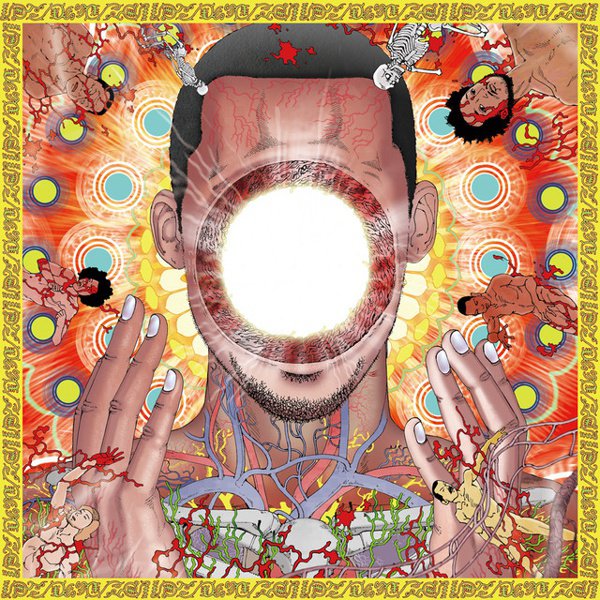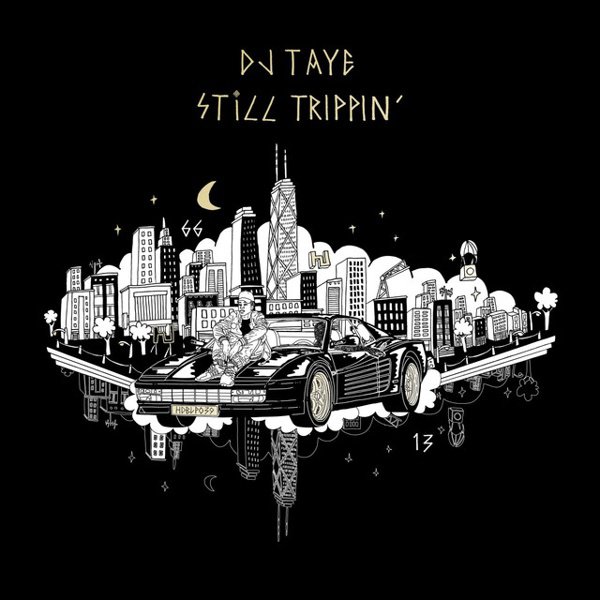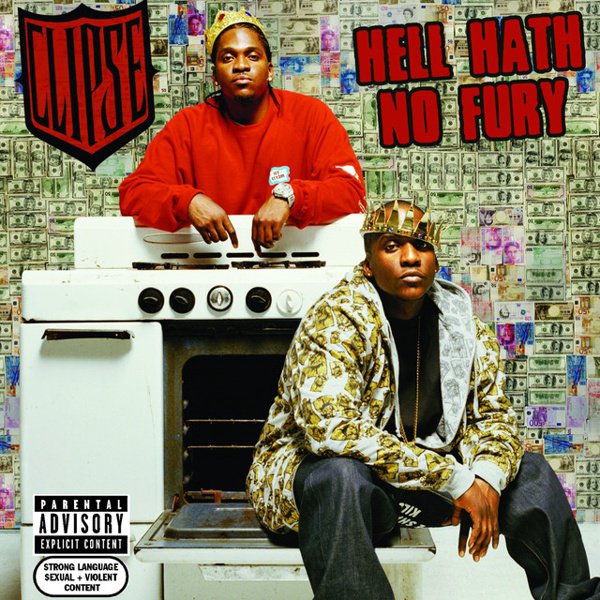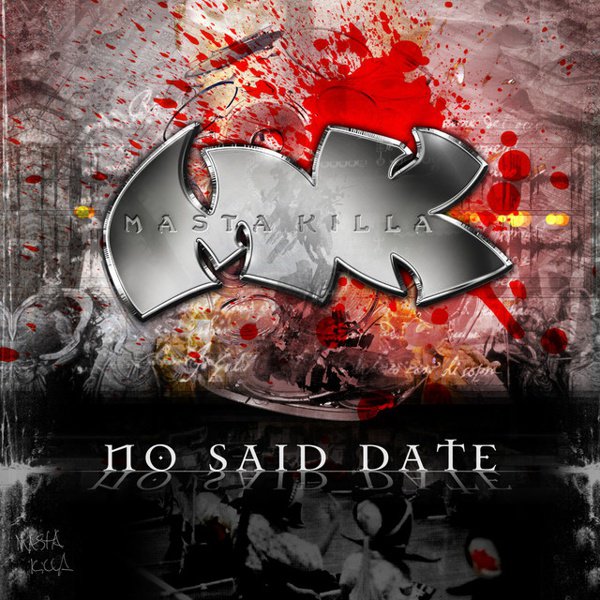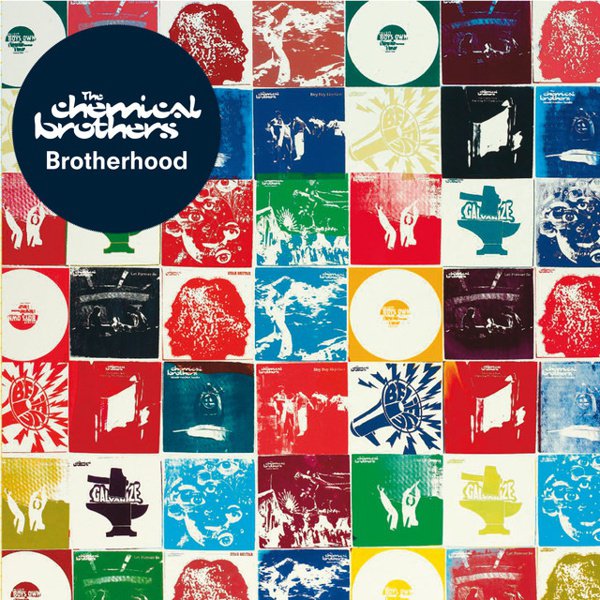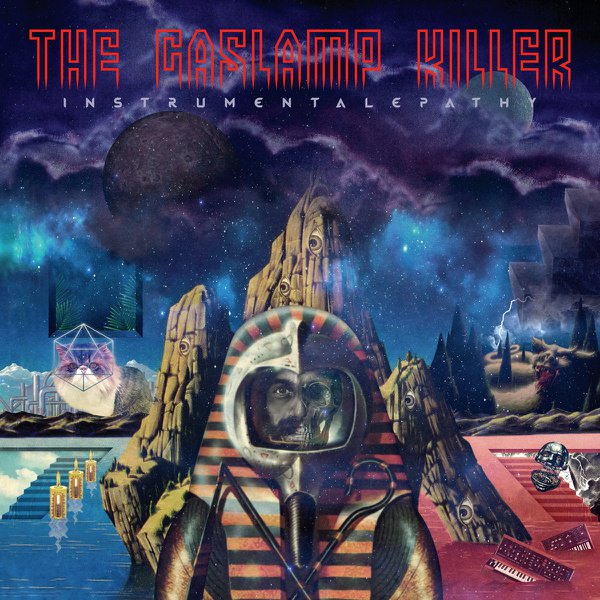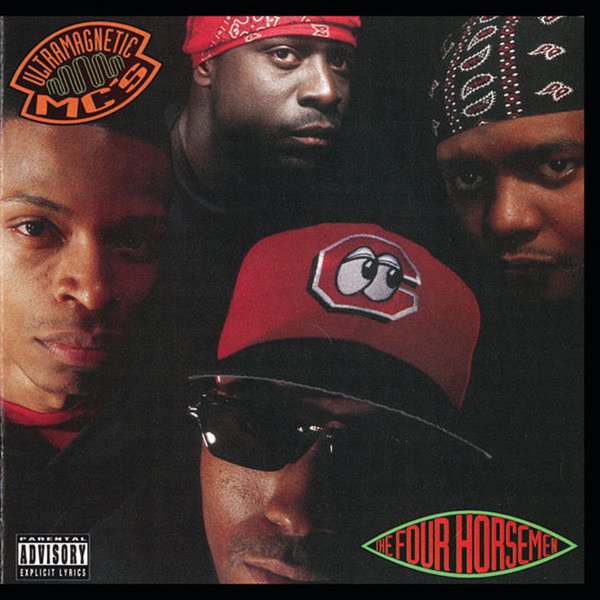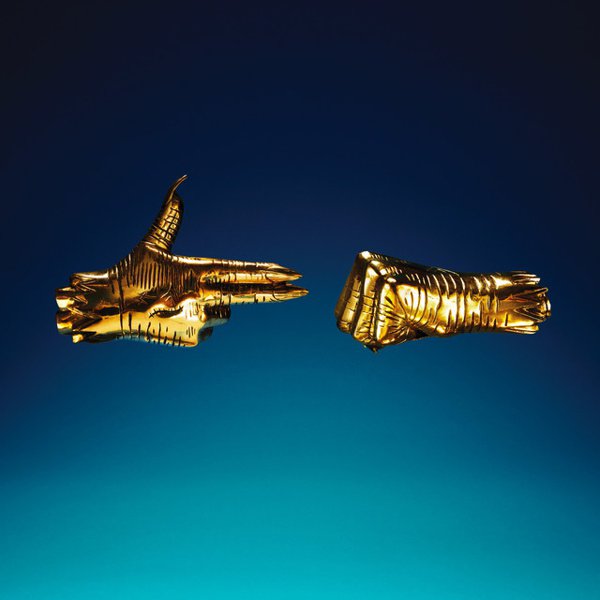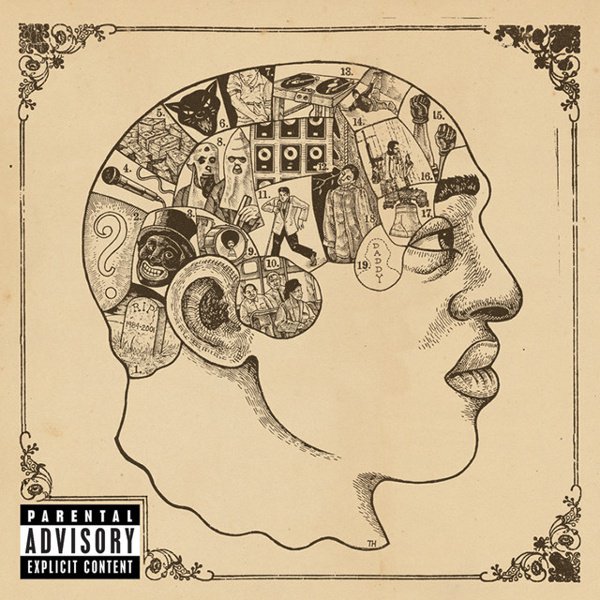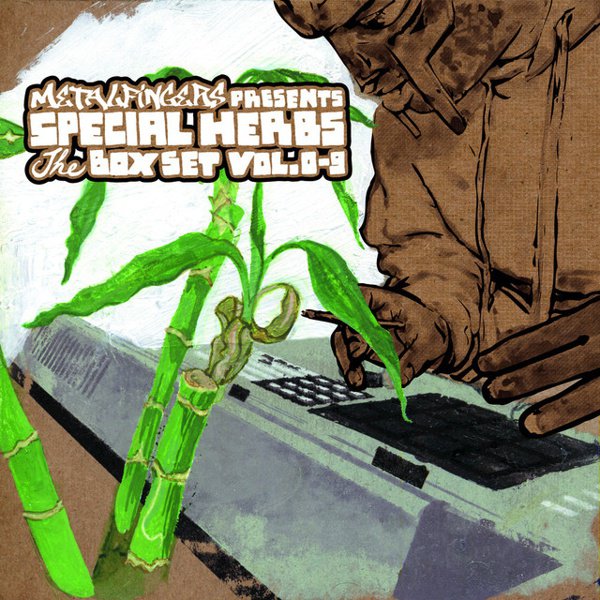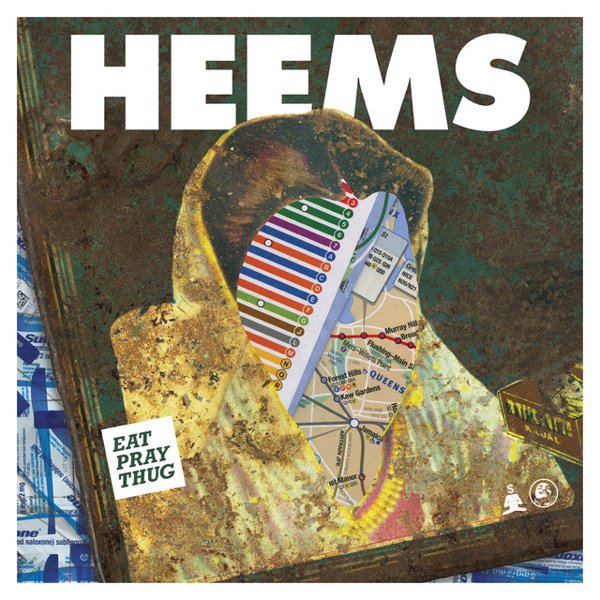The Private Press
It’s not like DJ Shadow hadn’t been busy in the six years since Endtroducing…… became one of the most lauded sample-based albums since the invention of the MPC. But even as he reiterated his hip-hop roots with the archival Preemptive Strike, tangled them up in James Lavelle’s overambitious UNKLE project Psyence Fiction, and returned to them alongside Cut Chemist for DJ mixes like Brainfreeze and Product Placement, the hype for a “proper” followup kept percolating. And then, once The Private Press finally arrived, it got the Difficult Second Album response anyways — even in praise, it was treated as either not different enough from Endtroducing…… to be as revelatory, or not similar enough to it to be as emotionally resonant. Both those critiques might technically feel true enough, but more than two decades on, The Private Press does hold a notable place as a turning point in Shadow’s approach: his pieces here are more deliberately songful, taking his work’s initial novelty of picking a bunch of expertly-chopped rare samples and building that into something just as interested in popcraft as it is in the avant-garde possibilities of the break. “Pop” is relative in this case — it can mean taking the vocals from an acid-folk obscurity like Colonel Bagshot’s “Six Day War” and remixing it into something more elaborately lysergic (“Six Days”), or using “Walkie Talkie” as a way to simultaneously embody classic old-school ’70s-era block-party DJing and new-millennium turntablism, or building a new wave-motorik-jungle landscape for Simon & Garfunkel’s “El Condor Pasa” to soar over (“You Can’t Go Home Again”). And in that sense, even Shadow’s more rangy stuff can have an underlying sense of pointing at its source material and declaring this should’ve been a classic, let’s see if I can still swing that. If the approach to hip-hop production taken by Endtroducing…… confused enough record stores that it kept getting filed under “electronica,” The Private Press further reveals that might just be beside the point when a record’s source material can come from just about anywhere, and can be taken anywhere else from there. Hip-hop is an art form that, per “Walkie Talkie” and electro throwback/leap-forward “Right Thing/GDMFSOB” and open-throttled Lateef collab “Mashin’ on the Motorway,” is never far from the forefront anyways. But it’s a bigger thrill when he goes far afield enough — like the frenetically chopped glitch-funk escalation of “Monosylabik”, or the juxtaposition of melodic delicacy and restlessly insistent drum chops in the orchestral prog-psych of “Giving Up the Ghost” — to make you forget just where the boundary lines around the genre even are.

